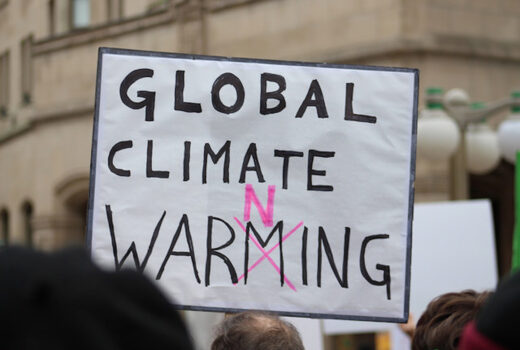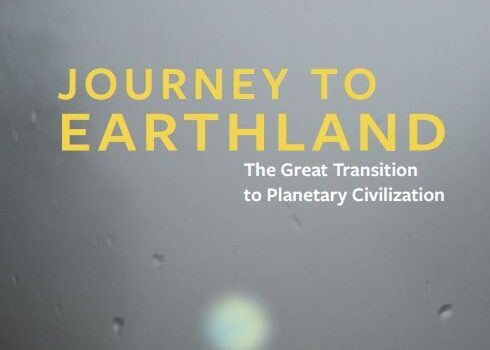Topic: Environment
Social justice for the sustainability of life: on the need for a global social pact
Article / 24th March 2017We now need transformative policies able to open a new horizon, without poverty, with less inequality, without destroying our natural environment. Our new situation requires an urgent reflection on power relations and concrete alternatives, central to which is the reconceptualisation of social protection in terms of commons.
The decoupling delusion: rethinking growth and sustainability
Article / 21st March 2017Most economic policy around the world is driven by the goal of maximising economic growth, but if you think we have limitless solar energy to fuel limitless clean, green growth—think again. Rather than fighting and exploiting the environment, we need to recognise alternative measures of progress for a sustainable future in which equity considerations are primary. A co-authored case for a new economics, by James Ward, Keri Chiveralls, Lorenzo Fioramonti, Paul Sutton and Robert Costanza.
Record-breaking climate change pushes world into ‘uncharted territory’
Article / 21st March 2017The record-breaking heat that made 2016 the hottest year ever recorded has continued into 2017, pushing the world into “truly uncharted territory”, according to the World Meteorological Organisation.
Women rights without borders: Combatting inequalities within and among countries is key to women’s empowerment
Report / 16th March 2017Women’s rights advocates have for years pointed out the negative impacts of inequalities on women’s human rights, on economies and on societies. Many organisations are not only analysing the cross-border impacts of domestic policy, but also showing the universality of human rights - to ensure that women’s rights know no borders. A new report by Barbara Adams and Karen Judd of Global Policy Watch.
The inconvenient truth about foreign aid
Article / 4th March 2017Poorer countries routinely put more resources at the disposal of donor country interests than they receive in foreign aid—but it doesn't have to be this way. The idea of implementing a system of global taxation is gaining ground, and may open up a pathway towards an authentic system of redistribution across national borders, writes David Sogge for Open Democracy.
Initiating a global citizens movement for the great transition
Article / 28th February 2017A new publication by The Great Transition Initiative provides an inspiring vision of a more equal, vibrant and sustainable civilisation. From STWR’s perspective, all that it lacks is a sufficient focus on the critical needs of the very poorest citizens—which could ultimately forge the global solidarity needed to bring that new world into being.
The real circular economy
Report / 6th February 2017A real circular economy would expand the definition of the circular economy to one where its operating system is regenerative not only towards nature, but also people; meaning wealth is equitably circulated and shared. A new report by Sharon Ede explains how relocalising production with not-for-profit business models helps build resilient and prosperous societies.
The rise of the robot: Dispelling the myth
Article / 27th January 2017We need to disavow ourselves of our misplaced trust in robotisation, and instead focus our energies on creating a truly fair and sustainable economy. The leisure society will only be achieved if we learn to live more locally within our planetary means - for there is enough stuff to go around already, if only we shared it out better, argues Rupert Read.
The great British make off: how a new materialism can give us back control
Blog / 25th January 2017The New Economics Foundation has long made the case for a richer relationship with 'stuff' that can help turn the tables on our abusive consumer culture. The good news is that a new form of materialism is already emerging; everywhere people are beginning to make, do, share and get involved, writes Ruth Potts.
Annual Report for 2017: Share The World’s Resources
Report / 2nd January 2017STWR consolidated its activities throughout 2016, with a renewed focus on our core messages and priorities as an organisation. Following the publication and marketing of our flagship publication, ‘Heralding Article 25’, we continued to promote its case for unprecedented global demonstrations towards ending hunger and life-threatening poverty.







